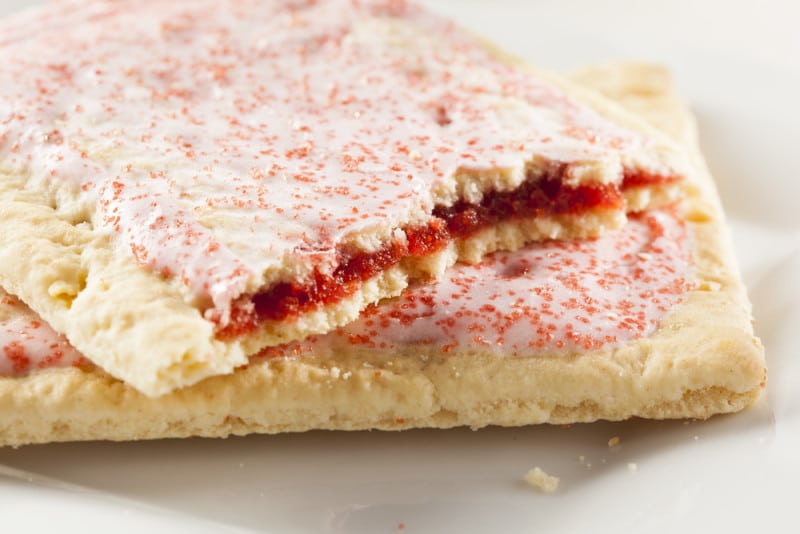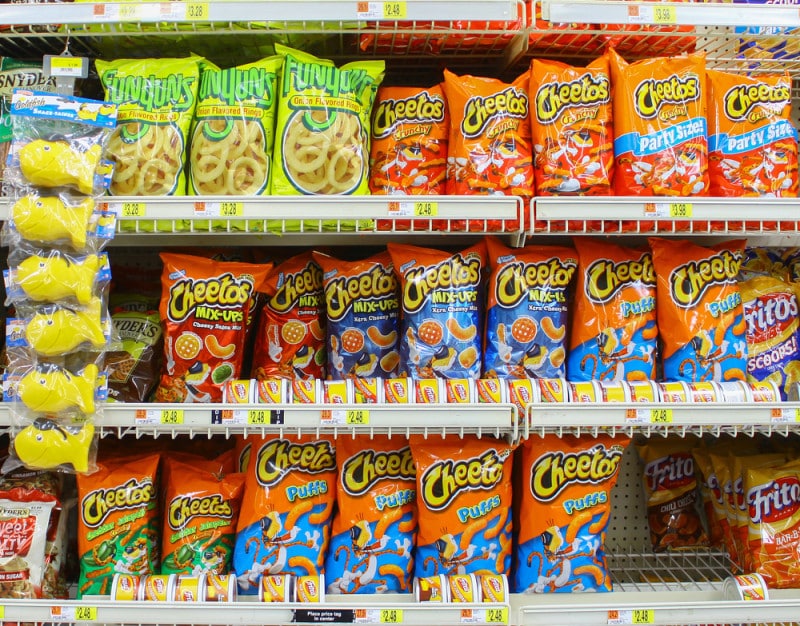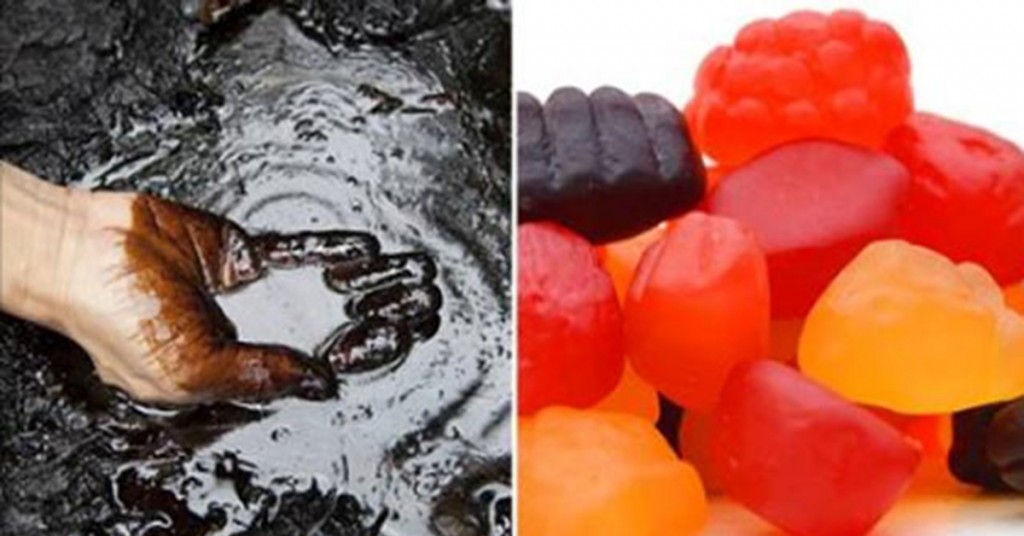Company’s market food directly to children through T.V. and radio commercials, and when we get to the grocery store it is all too common to give in to the desire to resist a scene in the store. The snacks can contain anything from artificial colors to petroleum; I am here to tell you that the best gift you can give your children is a healthy diet.
The spending on marketing for children’s food is more than $10 billion a year, in order to ensure that kids get the extra sugary cereal or fruit snacks full of artificial preservatives that are potentially dangerous to their health and should be classified in the “junk food” category.
Rather than images of food, petroleum conjures images of oil and gas in most people’s minds, and rightly so. Although petroleum can help fuel your car, it most defiantly will not help your health. To ensure the vitality of your family, be sure to avoid these petroleum-laced foods marketed towards young impressionable minds.
- Kraft Macaroni and Cheese

Kids will readily eat a bowl of Kraft’s Macaroni and Cheese at any time of the day. Nevertheless, this beloved snack is by no means safe, and the mustard-tinted “cheese” it boasts of is nothing natural. Kraft’s Macaroni and Cheese uses artificial dyes like Yellow 5 and Yellow 6, both of which contain petroleum. These dyes are also carcinogenic, meaning they pose an increased risk of cancer.
- Pop-Tarts

Another iconic brand that kindles beloved memories of childhood is the Pop-Tart. This frosted, fruit filled rectangle is the go-to snack for many children. It should come as no surprise, however, that this “snack” shaped like a cardboard box is about as nutritious as well, a cardboard box. Cherry-flavored Pop-Tarts contain Red 40, an artificial dye shown to cause cancer experiments using rats. Furthermore, Pop-Tarts contain Synthetic B6, composed of hydrochloric acid, formaldehyde, and petroleum ester.
- Cheetos

This of these chips as just yummy, orange deliciousness? Think again. The artificial color that creates the “cheese” color is made from Yellow 6, which we know is derived from petroleum. The “cheese” flavor includes ingredients like methyl benzoate and ethyl methylphenidate.
- Fruit Snack
I am afraid that the only fruit found in these snacks is in the name. However, what you will find in Red 3 or erythrosine, a petroleum product which has been banned for use in cosmetics due to its connection with thyroid tumors. So, let me get this straight; it is unsafe on the skin, but eating it is no problem?
- Pringles
Once you pop, you cannot stop. Unfortunately, these potato chips are full of dangerous food dyes like Red 40, which is added to its “extreme Ragin’ Cajun variety. As with most petroleum derivatives, Red 40 is linked to allergic reactions and hypersensitivity in children. The U.S. Department of Health has also been previously declared that Red 40 is “reasonably anticipate” to be a human carcinogen.
- Keebler Crackers
Children love to munch on crackers. Unfortunately, many crackers are laced with TBHQ, also known as tertiary butylhyfroquinone, a controversial ingredient for preventing certain oils from spoilage. Long-term consumption of TBHQ can lead to delirium, nausea and even a ringing sensation in the ears.
- M&M’s
The chocolate inside our beloved M&M’s is encased in a shell of toxic food dyes. The company uses a wide range of food dyes to give M&M’s their various colors. They contain Yellow 5, Yellow 6 and Red 40, all of which are derived from petroleum. Studies have further shown that there a relationship between artificial dyes and hyperactivity in children.
So why not get rid of the store bought, packaged junk food and make your own alternative at home or pick up a piece of fruit.
